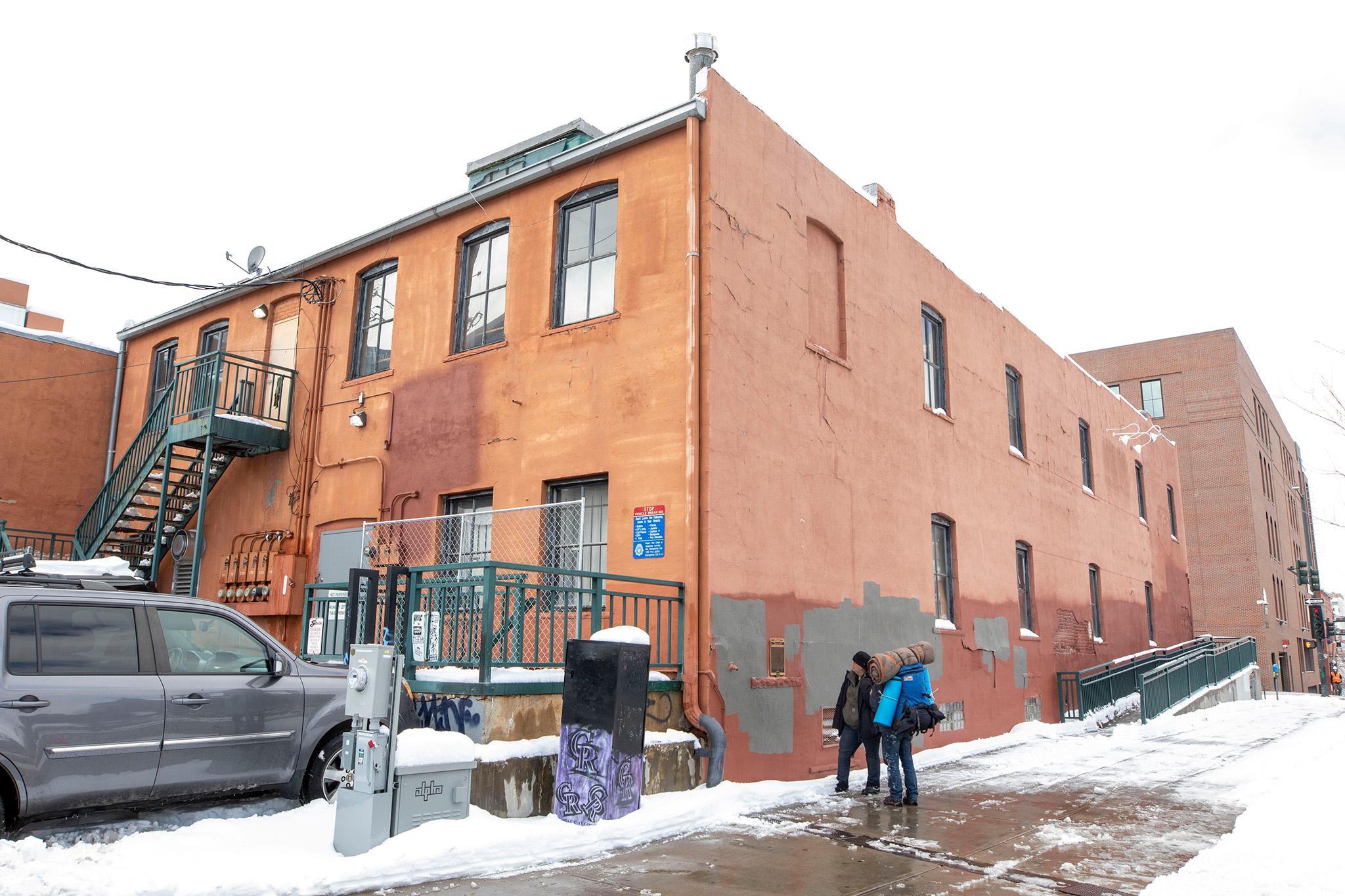When organizers on Sunday unveil revised language for a historic marker commemorating the city's once-booming Chinatown, they will do so with some very special guests: Descendants of the business owners who made this area thrive before it was destroyed more than 140 years ago.
Members of the Lung and Chin families owned multiple businesses in the city's once-booming Chinatown, according to Gil Asakawa, a member of Colorado Asian Pacific United, or CAPU, and a former member of the Denver Asian American Pacific Islander Commission, a city entity that helps connect the AAPI community with the city's human rights and community partnerships office, and the mayor's office.
The area saw its heyday during the 1870s until 1880, the year an anti-Chinese riot destroyed multiple businesses in this district, eventually leading to its demise. The area existed in what's now modern-day LoDo.
On Sunday, a member from the Lung and Chin families is each scheduled to speak.
"We had no idea that there were still ancestors or descendants of people from that Chinatown in the area," Asakawa said.
Sunday's event is part of the Re-Envisioning Denver's Historic Chinatown Project and is sponsored by CAPU, which is made up of Asian and Pacific Islander Americans in the state. CAPU's larger focus is ensuring the history of Asian and Pacific Islanders in Colorado is more widely known.
Among their first initiatives is replacing this existing historic marker near Blake Street and 20th Avenue, near Coors Field. Asakawa points out the historic marker is one of the few public acknowledgments of Denver's former Chinatown -- one of the biggest of its kind in the American West at the time, he added.
"We want to try to make sure that whatever we do, that people notice it and people will learn from it," Asakawa said.
Asakawa said the historic marker language will celebrate the area's place in Colorado history. He said the text was written by former state historian William Wei, who found the Lung and Chin family members.
Asakawa said organizers have been unable to reach the owner of the building where the current plaque is located. In addition to replacing the plaque, which Asakawa said focuses too heavily on the "negative" aspects of the former Chinatown (it mentions the opium dens in the area), organizers would like to put a mural there celebrating the history of Asians in Colorado.
Sunday's event runs from 11:30 a.m. to 1 p.m. at Zoe Ma Ma Union Station, located at 1625 Wynkoop St. It will include a lion dance performance by the Boulder-based Shaolin Hung Mei Kung Fu martial arts academy. Asakawa said that the date (8/8) was chosen purposefully since the number eight has cultural significance to many East Asian people, as a symbol of good fortune and health.













